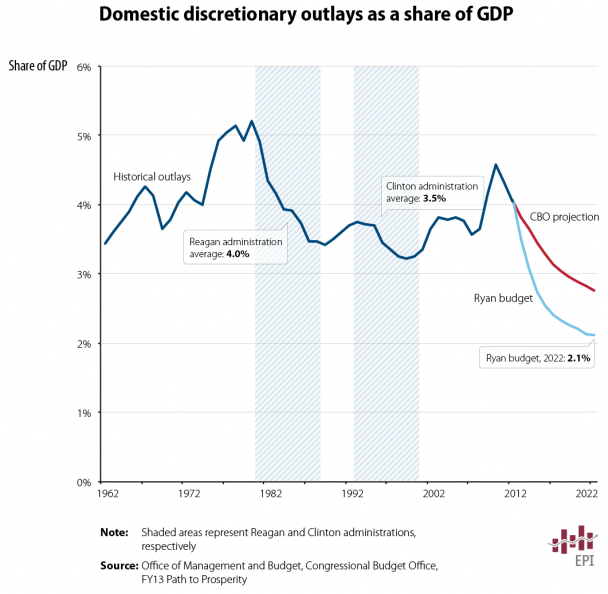Cross posted from The Stars Hollow Gazette
” Others who say torture is a big deal but we have to move on are complicit not just in these crimes but also the ones that will inevitably occur in the future because nothing was done about these.” ~ Meteor Blades
In 2009, former counselor to Secretary of State Condoleezza Rice, Philip Zelikow revealed that he had written a memo in 2006, carefully arguing that the Geneva conventions applied to Al Qaeda. It was written to rebut a memo written by Stephen Bradbury (pdf) for the Department of Justice that argued the CIA’s “advanced interrogation techniques” were in compliance with the Convention against Torture. At that time, it was believed that all the copies had been destroyed by the State Department, until now. A copy had been preserved (pdf) by The National Security Archive and it has been released through Freedom of Information Act request by the National Security Archive, a group dedicated to real government transparency.
In the 5 page memo. Zelikow argued that techniques such as waterboarding, cramped confinement, stressed positions, slamming the prisoner’s head against a wall, and dousing with ice water were degrading and in violation of Article 16 of the Convention Against Torture.
According to Kevin Kosztola at FDL, ZElikow was prompted to write the memo after the McCain Amendment was passed that sought to prohibit the inhumane treatment of prisoners in US custody:
In the memo, he begins by noting the State Department agreed with the Justice Department in May 2005 that Article 16 of the CAT (“to prevent in any territory under its jurisdiction other acts of cruel, inhuman or degrading treatment or punishment which do not amount to torture”) “did not apply to CIA interrogations in foreign countries.” But, the McCain Amendment had “extended the application of Article 16 of the CAT to conduct by US officials anywhere in the world.”
“The prohibitions of Article 16 of the CAT now do apply to the enhanced interrogation techniques authorized for employment by CIA. In this case, given the relationship of domestic law to the question of treaty interpretation, the responsibility of advising on interpretation is shared by both the Department of State and the Department of Justice.”
Zelikow’s State Department memo would not have been binding on the CIA, but he felt because of his history as a constitutional lawyer he had to put forward an argument that challenged the idea that these “enhanced interrogation techniques” were legal.
He told the Associated Press on April 3, “I believe that the Department of Justice’s opinion was an extreme reading of the law and because the Justice Department opinion was secret, the only way the president could hear an alternative interpretation was for someone like me to offer it.”
At least there were some people in the Bush government who had some common legal sense and humanity. So where does that leave us now? The Obama administration has conveniently hidden evidence against the guilty behind the cloak of state secrecy and refused to investigate many of the higher ups who were most agreeable to torture and actually authorized it. As Spencer Ackerman at the Danger Room points out:
Zelikow’s warnings about the legal dangers of torture went unheeded – not just by the Bush administration, which ignored them, but, ironically, by the Obama administration, which effectively refuted them. In June, the Justice Department concluded an extensive inquiry into CIA torture by dropping potential charges against agency interrogators in 99 out of 101 cases of detainee abuse. That inquiry did not examine criminal complicity for senior Bush administration officials who designed the torture regimen and ordered agency interrogators to implement it.
“I don’t know why Mr. Durham came to the conclusions he did,” Zelikow says, referring to the Justice Department special prosecutor for the CIA torture inquiry, John Durham. “I’m not impugning them, I just literally don’t know why, because he never published any details about either the factual analysis or legal analysis that led to those conclusions.”
Also beyond the scope of Durham’s inquiry: The international damage to the U.S. reputation caused by the post-9/11 embrace of “cruel, inhuman and degrading” interrogation methods; and the damage done to international protocols against torture.
According to the Geneva Convention the covering up of torture and war crimes is a violation of the Principles.
Marcy Wheeler, aka emptywheel, has an in depth discussion here. The memo can also be read in Ackerman’s memo.

